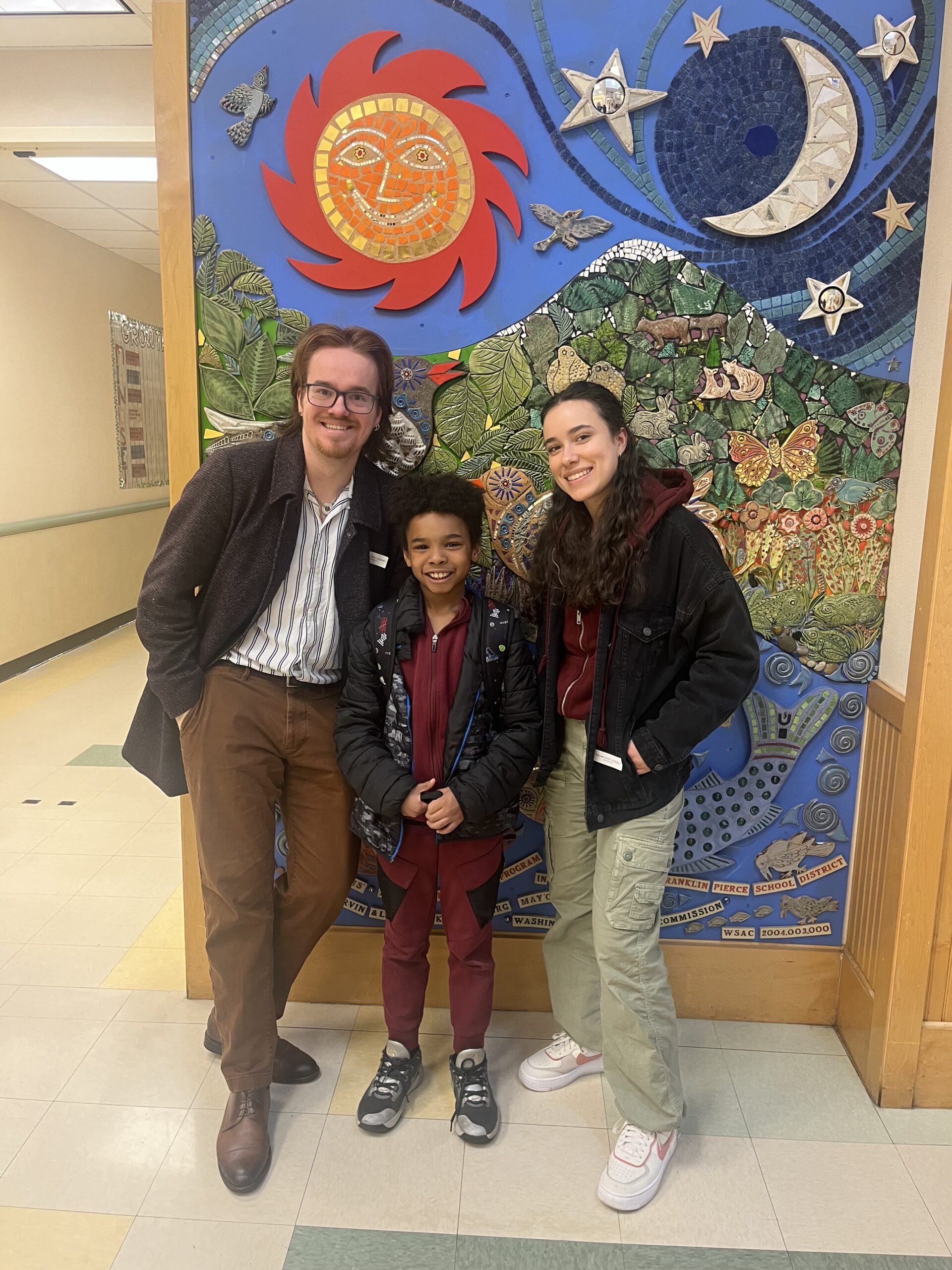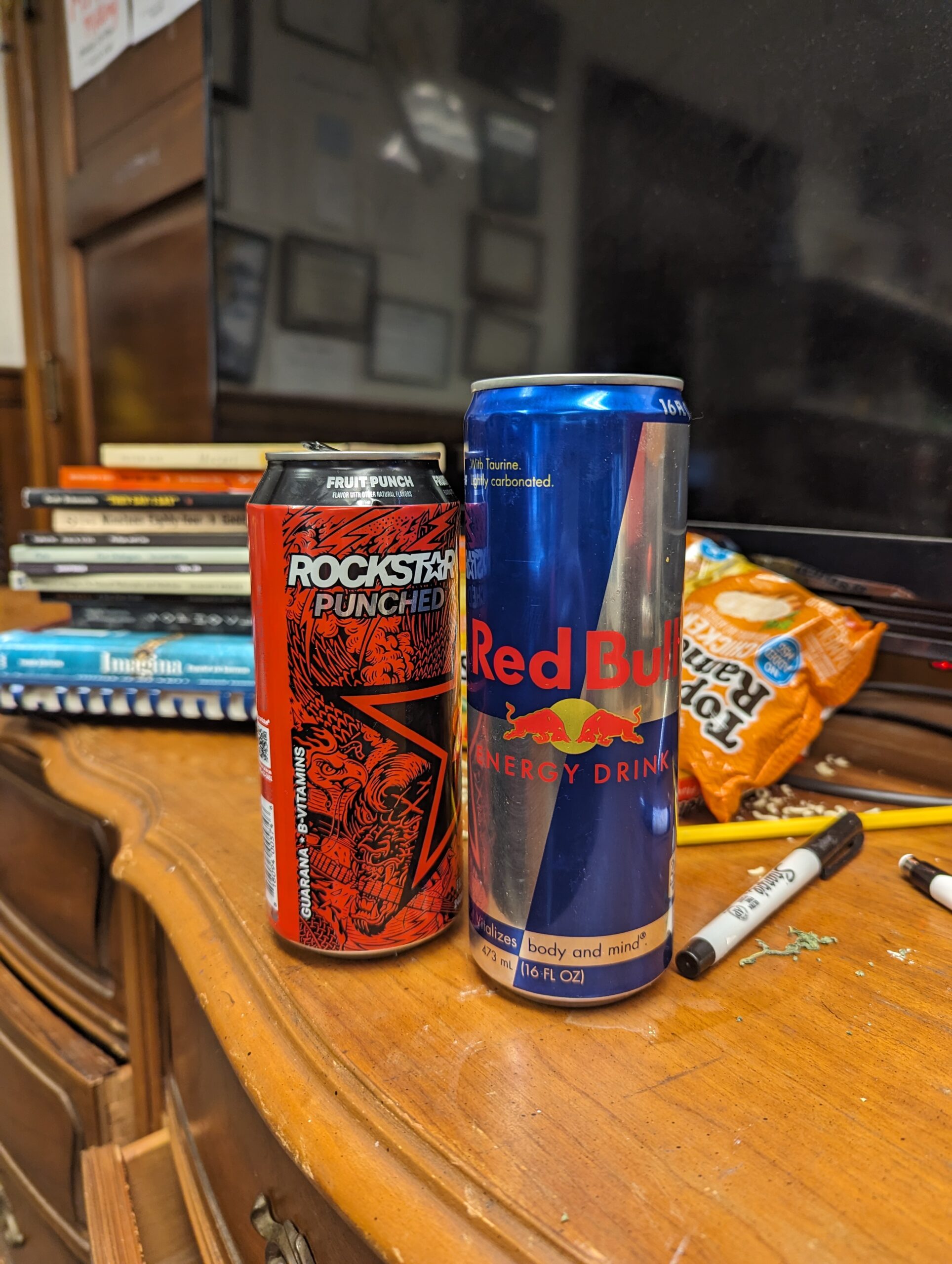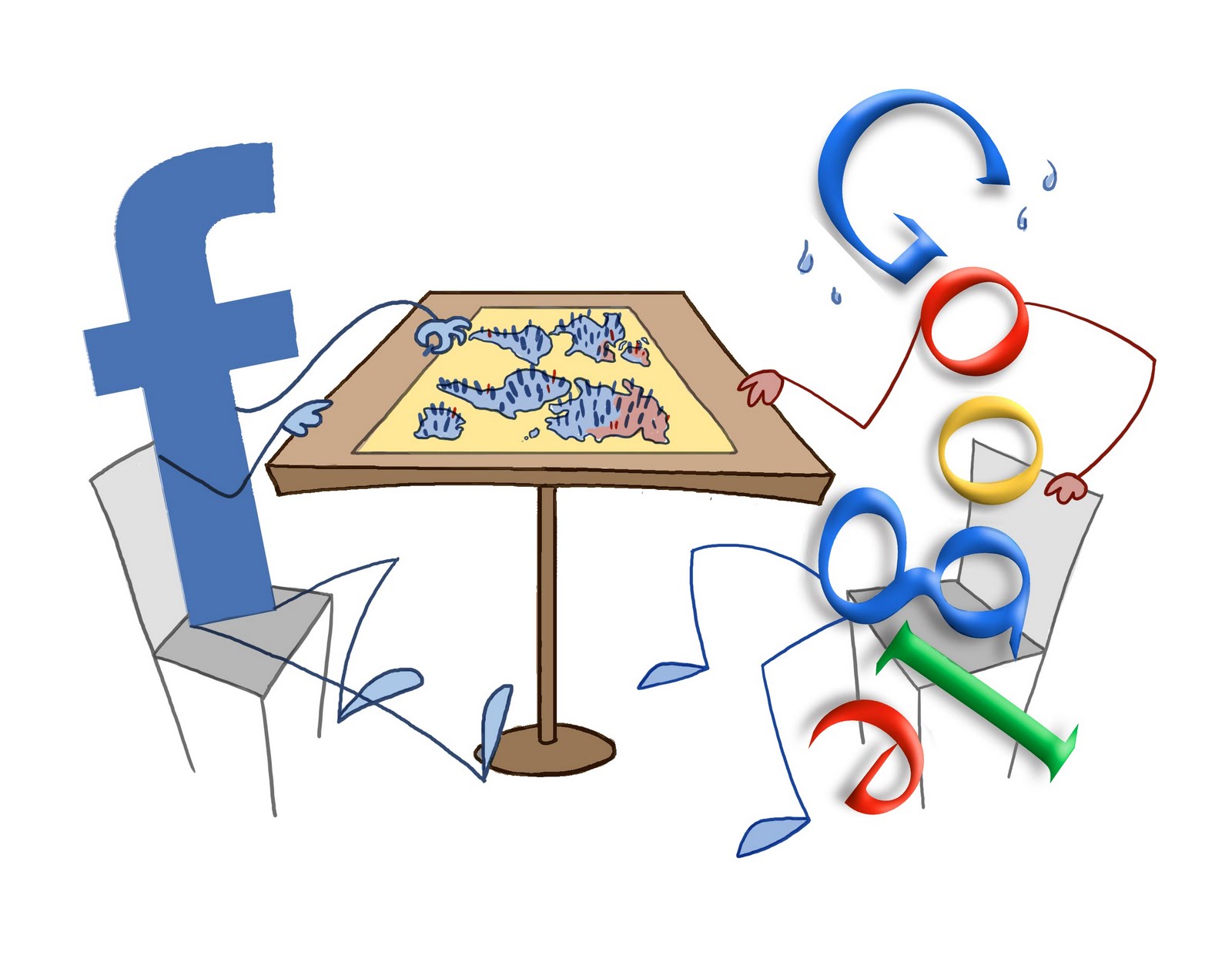A house sits on the corner of the street across from Perry G Keithley Middle School. Inside, school-aged students are hard at work. PLU tutors guide students through homework and academic support. A safe environment cultivated out of a desire for community connections is keeping the pace. The long-time dream of Scott Rogers is starting to bloom.
The idea for a tutoring center started with a spark. Rogers had been observing programs across the country that were providing writing assistance to youth, and it caught his interest. “The famous one is 826 Valencia, which is in San Francisco,” he said. “It’s now sprang up all around the country. There’s one in Seattle, New York, Boston…Write253 in Tacoma is based on that same model.” Rogers was hooked and wanted to recreate it for the Parkland community.
With the help of Bridget Yaden his hopes became a reality. “I always wanted to have some kind of program like that associated with the university… [we] started talking about it probably around 2017-2018. At that point I was running our writing center and she was running our language resource center and the idea was we provide these really great resources for PLU students, wouldn’t it be really cool if we could turn them out to the community too[?]”
February-March 2019 launched the soft-open of the Parkland Literacy Center (PLC). The PLU-owned corner house finally served a new purpose: the Parkland community. “We did our after-school tutoring, [and] we had our [English Language Learner] ELL class start,” said Rogers.
The next fall, more students began showing up. They had about 20 students, with many regulars. However, once the spring of 2020 hit, the PLC closed down just like everything else.
Post-pandemic, the PLC tackled working in a new reality, as well as program expansion. “When we created it in 2019, there was still a thing on campus called the Center for Community Engagement Service (CCES) …and their job was to connect PLU students and faculty to all sorts of really cool programs and things in the community [and] to set up collaborations,” said Rogers. When the pandemic hit, the center had closed. Once everyone got back on campus, questions arose about what should come of the programs under the CCES umbrella. Such programs included Club Keithely, Big Buddies, the ELL courses at night, internships, and community-engaged learning opportunities for staff. They decided to split the programs up, and the PLC took them on.
Five years later, the PLC is thriving. In one semester, they have surpassed the number of appointments and meetings than they had all of last year. “We’re facing a strain that we’ve never faced before,” said Rogers. There has been such an influx of students that a new policy had to be put in place. The PLC tutoring center now operates restaurant-style: students get individualized tutoring for one hour and those who arrive in the meantime wait until they can be served.
Although the increase in students has been positive, one factor has been difficult to navigate: funding. As the funding switched departments within PLU, confusion ensued for people working at the PLC. Creative solutions filled the funding holes.
According to Rogers, the PLC was originally funded through the Division of Humanities. The PLC functioned through paid hours, work-study, and volunteers. When the restructuring of academic divisions happened, the Division of Humanities became the College of Liberal Studies. “We shifted to the provost office because we are both now working in the provost office, and now the provost office sets aside a very small amount of money for us to run our basic operation,” said Rogers. “The idea is that they might give us enough to pay our leadership team and then the rest would be volunteers.” Despite this change, the PLC has been able to find funding from other sources. “In recent years we’ve been able to get grants to pay more of our staff,” said Rogers. “What we’ve recognized is that we can get more students more excited when we can pay them and we want to honor the work they do.”
The PLC received a large grant last year but was unable to acquire the same grant this year. They received a separate grant from the Greater Tacoma Foundation to cover a small amount, but it still takes a village to keep the PLC afloat. “Between the provost, between the grant, and then between gifts and donations, we have generally what we need to keep going,” said Rogers. The PLC participates in Bjug Day and gets SARF money for the Big Buddies program in addition to acquired funding. Though these small contributions have been helpful, Rogers said that “most of our donations have been big donors who do regular contributions, and we’ve had a couple of those over the last few years.” Rogers also mentioned that PLU President Allan Belton is among these generous donors, noting him as the PLC’s “number one supporter.” According to Rogers, Belton donates his personal money towards the PLC, which is not affiliated with the budget connected to The Office of the President.
In talking with Rogers, a big part of what makes the PLC what it is are the Assistant Directors (AD). AD Ahmira Elyard- Jaeger has been heavily involved in the PLC since her freshman year, where she was a Big Buddy. From there, she became a student coordinator for BB and is now an Assistant Director for the PLC. To her, the PLC is a special place for students to grow. “One thing that we’ve been trying to focus on as AD’s in terms of our drop-in tutoring hours is providing a cumulative learning experience,” said Elyard- Jaeger. “Instead of just having a single tutoring session where you’re trying to get through homework, we can talk with the parents, make long-term [goals and] try to work as, in some cases, early intervention. Whatever it is, it’s to help students achieve more long-term goals rather than just the short-term goal of getting an assignment done.”
Sean Byrne and his son Dominick have been coming to the PLC for a little over a year. When they found the PLC, it changed everything. “I didn’t realize that something like this existed, and we haven’t missed a day, and we won’t,” he said. Byrne expressed that considerable progress has been made since Dominick started tutoring last fall. “The fact that he has gone from not listening in class to where he starts wanting to actually be the one where other children actually are following his lead is in direct result of what you guys are doing here,” said Byrne. Throughout the year, Dominick has been getting individualized attention in a variety of subject areas — eventually giving him the tools to graduate from a math support group in school. “I’ve never seen a child who actually wants to come to tutoring after coming to school,” Byrne said. His son is seeing a value in his learning that he hadn’t seen before the PLC. Tutoring is no longer a chore — it is a place of personal growth.
Going forward, Rogers and Elyard-Jaeger hope for expansion and more funding for the PLC. According to Rogers, the PLC tutoring center is “bursting at the seams.” He believes that the PLC needs regular, consistent grants and donors to maintain its services.
Seven years after the original idea for the PLC, the house on the corner street became something extraordinary — it became a key piece of the Parkland community.
To donate to the PLC, follow this link: Give Campus-PLC.






















